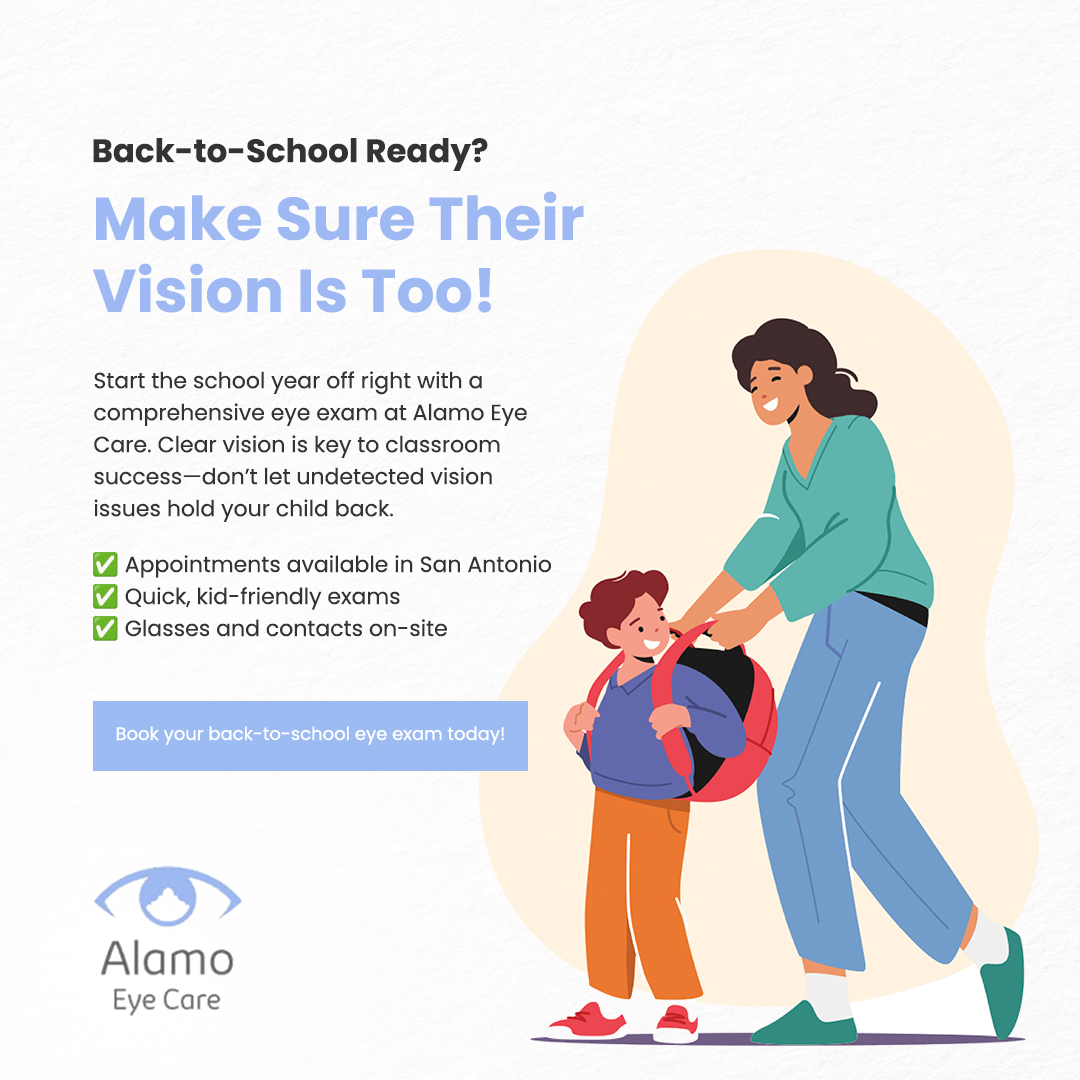
If you’re one of the 30% of people worldwide who struggle to see clearly from a distance, there’s hope to be had. Medically known as myopia, help for nearsightedness can come from a variety of treatments. If you’re fortunate enough to have access, you can kiss blurry vision goodbye.
At Alamo Eye Care in San Antonio, Texas, Dr. Melanie Frogozo, Dr. Swati Kumar, and their expert team offer myopia management options to help you see well from all distances.
Take a moment to learn more about this condition, including how specialty contact lenses can help.
Myopia 101
Nearsightedness can develop quickly or slowly. Regardless of its pace, it tends to worsen throughout childhood or adolescence. If you have a family history of myopia, there’s a good chance you’ll struggle with distance vision too.
Myopia usually develops when your eyeballs are longer than normal or have an overly steep curve. These issues cause light to focus in front of your retina, instead of precisely on it, bringing about blurriness. In most cases, myopia affects both eyes — although not always to the same degree.
In addition to blurred distant vision, myopia can lead to:
Excessive blinking
Eyestrain
Difficulty seeing while driving
Frequent eye rubbing
Headaches
Reduced academic performance
Poor night vision
Squinting
Specialty contacts for myopia
Treatment options for myopia include eyeglasses, atropine eye drops, refractory surgery, and specialty contact lenses. All of these options increase the clarity of your distant vision, often to 20/20.
You may be an especially good candidate for specialty contacts if you need constant vision correction or don’t like wearing glasses, and if you’re able to take care of contacts properly.
Specialty contact lenses we provide at Alamo Eye Care include:
Soft lenses, which are flexible and allow oxygen to pass through to your corneas
Rigid, gas-permeable lenses, which are inflexible but last longer than soft lenses
Hybrid lenses, which contain both soft and rigid materials
Orthokeratology, or ortho-k, which uses gas-permeable contacts to improve your eyes’ curvature
Scleral lenses, which are rigid and correct the shape or irregular corneas
Your provider can help determine which type of specialist contact lenses are ideal for you. They can also guide you through the proper care steps, from placing the lenses on your eyes to proper cleaning techniques.
To learn more about specialty contact lenses for myopia or to get the treatment you need, call Alamo Eye Care at 210-469-9744 or text us at 210-403-9050. You can also request an appointment through our website.








